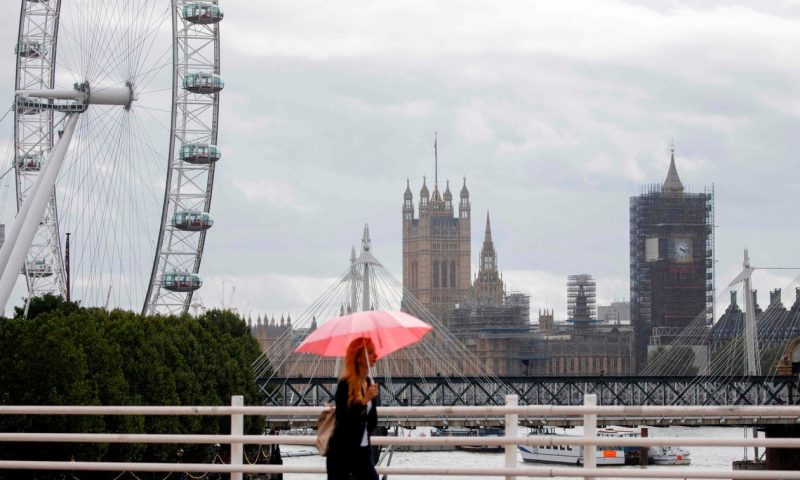The deal struck between the U.K. and the European Union didn’t include financial services, and that means a major shift in trading will take place on Jan. 4
The London Stock Exchange LSE, +2.52% cheered Tuesday on the news of last week’s post-Brexit trade deal. That should not come as a surprise, considering the alternative — the damaging “no deal” investors had been brooding over until the night before Christmas.
But the euphoria must now yield to sobriety, when you consider what is in store for the City of London. The deal struck between the U.K. and the European Union didn’t include financial services, and that means a major shift in trading will take place on Jan. 4, the first day when markets will open after the official Jan. 1 exit date.
U.K. financial players will on that day lose their automatic access to EU markets. From then on, British financial services companies will be at the mercy of continental regulators, who have made it clear they want most transactions to return to Europe proper as quickly as feasible.
Some big international players have already set up hubs in Amsterdam, Frankfurt or Paris. For now, the immediate concern of investors, bankers and regulators is that the Jan. 4 trading session goes as smoothly as possible in the name of financial stability.
Beyond that, London is bracing for a massive, multibillion shift of capital to other EU trading venues, which some fear could mark the beginning of the end of its twenty-year domination as the EU’s — and even the eurozone’s — financial capital.

